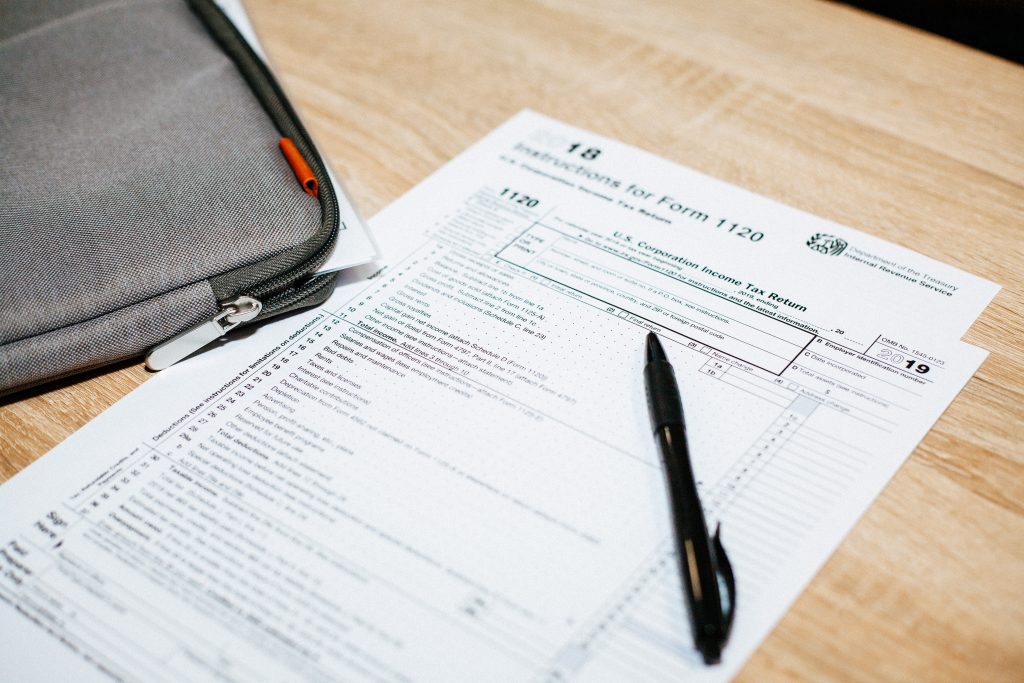By Kayla Matthews

Knowing what’s new with tax specifics this year helps you feel well-equipped when filing your returns. Here are some crucial things to keep in mind as you prepare your 2020 taxes.
The Federal Tax Deadline Is Now July 15 for U.S. Filers
Perhaps the most important thing to know for planning purposes is that you have a little more time to get your returns filed. The Internal Revenue Service (IRS) announced that it moved the 2020 filing deadline forward three months. Due to the COVID-19 pandemic, It’s now July 15, rather than April 15. You do not need to request an extension to avail of the extra time.
Moreover, this new deadline also applies to estimated taxes that some self-employed professionals would have paid on April 15, 2020. Bear in mind, though, that you still need to get the second quarter’s payment in by June 15, 2020. States have taken a variety of different approaches with their tax deadlines. Some opted not to change them, while others permitted extensions. Check for the details associated with your state to avoid late payment penalties.
You May Qualify for COVID-19-Related Assistance
The coronavirus government stimulus package is a much-discussed topic these days. It will see a large percentage of taxpayers getting $1,200 deposited into their bank accounts. There is also an assortment of other forms of assistance that may apply to you. The IRS set up a dedicated page to inform people of what’s available and how to apply for it.
Employers should keep in mind that their businesses may be eligible for the Employee Retention Credit. It provides a tax credit for up to 50% of the qualifying wages paid to employees. Moreover, there are refundable tax credits given to small and medium-sized businesses to cover the costs of paid sick and family leave associated with COVID-19.
The IRS spells out the details of each assistance program on its website. Instead of assuming you qualify for something, take the time to read the information to check.
Deducting Expenses Is Not Always Straightforward
One of the most time-intensive tax tasks for many people involves deducting their expenses. That’s because tight parameters dictate what you can or cannot deduct. The lack of clarity may also exist regarding whether something is a tax or not.
One recent instance involved the Rhode Island Department of Transportation tried to collect toll fees exclusively from commercial trucks to fund roadways improvements. A court ruled that the word “tax,” as found in the Tax Injunction Act (TIA), does not include tolls.
However, the IRS has standard mileage rates you can deduct for business-related driving. In that case, the permitted deductions include tolls, as well as parking fees. The standard rate for business travel is 57.5 cents per mile this year — down from the 58 cents allowed in 2019.
You may also wonder if it’s possible to deduct expenses associated with working from home due to the coronavirus pandemic. The surprising answer is that you cannot deduct the item as an employee, but your company can.
Some companies pass the benefits onto workers. Section 139 of the federal tax code allows tax-free reimbursements of “reasonable expenses” to employees due to disasters, including the COVID-19 pandemic.
Sustainability Credits Remain in Effect
The tax incentives for energy-efficient commercial and residential buildings will stay in place through December 31, 2020. Additionally, if you buy qualifying energy-efficiency equipment (such as solar water heaters and geothermal heat pumps) for your home, the credits for those are available through December 31, 2021. However, the percent of the cost eligible for a tax break takes a step-down approach.
If you begin using the equipment after 12/31/2019 and before 1/1/2021, the tax credit is 26%. However, it drops by four percentage points if you put the purchases in service from 12/31/2020 to 1/1/2022. The credits apply to existing and newly constructed homes that you own. Rental properties do not qualify.
Some People Can Dip Into Their Retirement Savings Without the Usual Penalty
Another recent development associated with COVID-19 tax relief allows qualifying parties to access their retirement savings early without the 10% penalty usually incurred. Affected individuals, such as those diagnosed with COVID-19 or caring for a spouse who has it, can withdraw up to $100,000 in savings under that arrangement.
Also, if you have a 401(k), the new stipulation allows six months of taking loans from an account equaling $100,000 or 100% of the account balance, whichever is lower.
Numerous New Tax Developments
This overview shows why it’s crucial to learn about this year’s tax changes before starting to file. Getting informed is a practical way to ensure you know about all the breaks and incentives applying to you or your enterprise.
About the Author: Kayla Matthews writes about communication and workplace productivity on her blog, Productivity Theory. Her work has also appeared on Talent Culture, MakeUseOf, The Muse and Fast Company.
Photo by Leon Dewiwje on Unsplash
